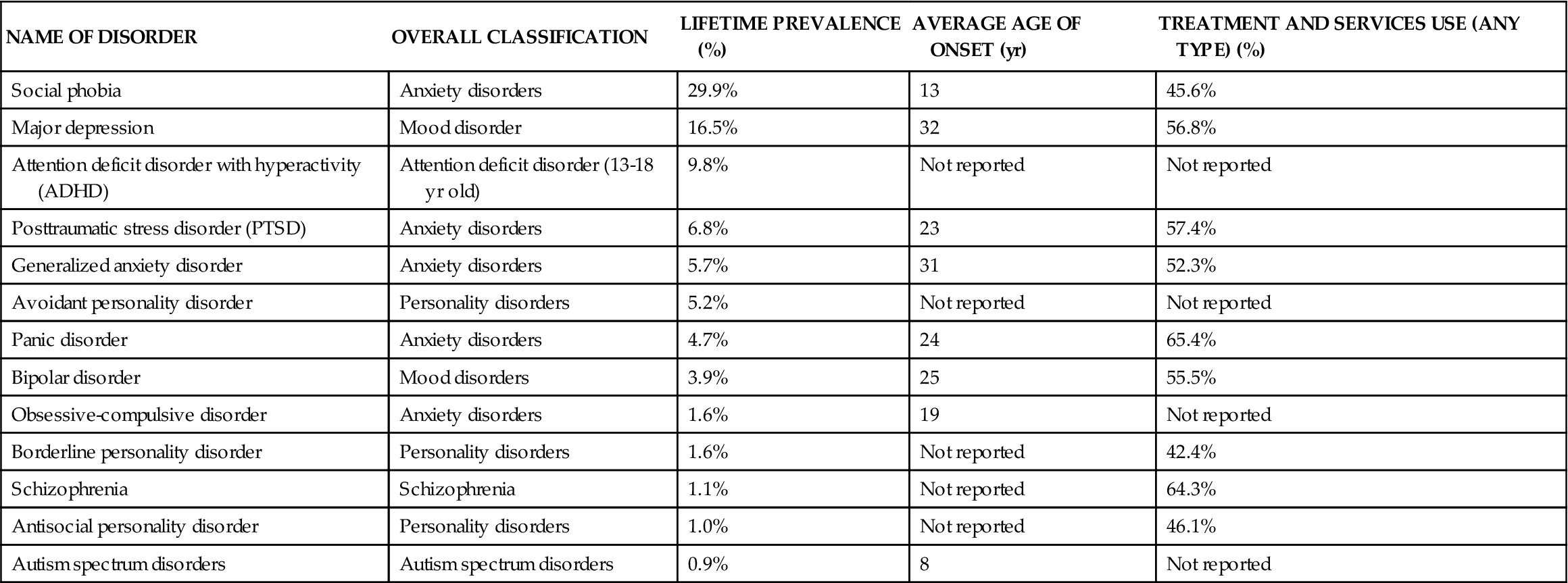
The final section opens with responses to Turing's paper published in Mind soon after it first appeared. The second section contains all of Turing's writings on the Turing Test, including not only the Mind paper but also less familiar ephemeral material.

The first section of the book contains writings by philosophical precursors, including Descartes, who first proposed the idea of indistinguishablity tests. Turing's proposed thought experiment encapsulates the issues that the writings in The Turing Test define and discuss. He was not, as is often assumed, answering the question "Can machines think?" but proposing a more concrete way to ask it. Following Descartes's dictum that it is the ability to speak that distinguishes human from beast, Turing proposed to test whether machine and person were indistinguishable in regard to verbal ability. Alan Turing's idea, originally expressed in a 1950 paper titled "Computing Machinery and Intelligence" and published in the journal Mind, proposed an "indistinguishability test" that compared artifact and person. The Turing Test is part of the vocabulary of popular culture-it has appeared in works ranging from the Broadway play "Breaking the Code" to the comic strip "Robotman." The writings collected by Stuart Shieber for this book examine the profound philosophical issues surrounding the Turing Test as a criterion for intelligence.

Historical and contemporary papers on the philosophical issues raised by the Turing Test as a criterion for intelligence. If you can’t find the resource you need here, visit our contact page to get in touch.Įstablished in 1962, the MIT Press is one of the largest and most distinguished university presses in the world and a leading publisher of books and journals at the intersection of science, technology, art, social science, and design. The MIT Press has been a leader in open access book publishing for over two decades, beginning in 1995 with the publication of William Mitchell’s City of Bits, which appeared simultaneously in print and in a dynamic, open web edition.Ĭollaborating with authors, instructors, booksellers, librarians, and the media is at the heart of what we do as a scholarly publisher. Today we publish over 30 titles in the arts and humanities, social sciences, and science and technology.

MIT Press began publishing journals in 1970 with the first volumes of Linguistic Inquiry and the Journal of Interdisciplinary History. International Affairs, History, & Political Science.MIT Press Direct is a distinctive collection of influential MIT Press books curated for scholars and libraries worldwide.


 0 kommentar(er)
0 kommentar(er)
